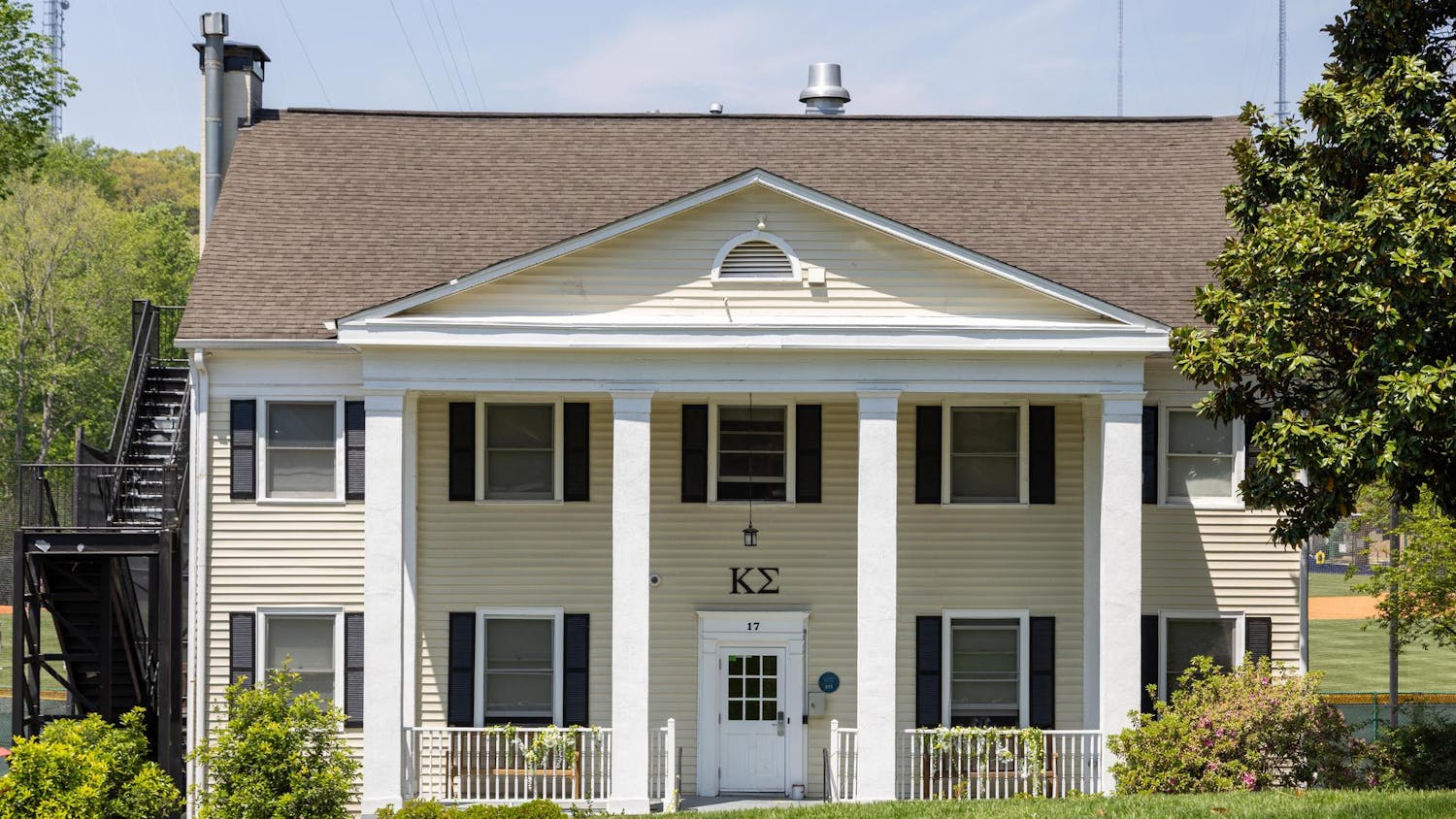Trigger Warning: The following editorial contains discussionsof rape and sexual assault.
 Recently, the University Senate Committee for the Prevention of Sexual Violence released the results of a campus-wide climate survey for students to assess the culture surrounding sexual assault at Emory and to gather institutional information to react on the issue.
Recently, the University Senate Committee for the Prevention of Sexual Violence released the results of a campus-wide climate survey for students to assess the culture surrounding sexual assault at Emory and to gather institutional information to react on the issue.While we appreciate the time and effort the University is taking toward developing a plan of action, we believe that the report summarizing the survey results was toothless. We only received a fraction of the information that was gathered in the survey, so while Emory may be better informed, the community and students are not.
The survey, which was sent to all valid Emory email addresses in April 2015, consisted of 150 questions, including ones about the incidence and location of sexual assaults at and around Emory, people’s attitudes and perceptions regarding rape, campus resources and the administration’s handling of cases. Roughly 2,500 members of the community responded to at least one or more of the questions. We do not know the methodology that the committee used to construct the survey. For confidentiality reasons, the released report does not indicate how extensively any given individual participated in the survey or the number of students who answered each question.
There are some numbers that we do know. Of the total respondents, 10.7 percent said that they had experienced attempted or completed sexual assault or rape, while more than 18 percent in the College said they had experienced sexual assault or rape at Emory. More than half said they had experienced sexual harassment, and almost 23 percent said they had experienced intimate partner violence. More than 33 percent of College respondents said they had experienced intimate partner violence in a committed relationship, and a substantial portion of those who said they experienced some form of assault said it occurred in the context of alcohol use.
We understand the need for anonymity given the sensitivity of sexual assault; however, a substantial portion of the information, if released, would not compromise anyone’s identity, and we believe the University could have painted a clearer picture of the culture surrounding sexual assault on Emory’s campus based on the findings.
We were not particularly surprised by the survey results, and they line up with national statistics of sexual assault on college campuses, meaning, without the release of more substantial information, we as a community did not gain new knowledge on the topic. A number of national surveys have found that one in five people experience sexual assault during college.
We read the survey questions and believe that the information in the report does not address many of the questions asked, such as those regarding the places where sexual assaults have taken place. There was a whole section of the survey dedicated to the participants’ attitudes toward and definitions of rape that we saw nothing about in the report. If this information were made public, the portion of the student body that is already active in preventing sexual assault could have used it to better address those attitudes.
Moreover, none of the questions on the survey assessed the mental health of its respondees regarding their experiences with sexual assault nor did the report direct students to Counseling and Psychological Services (CAPS). We hope to see from Emory a commitment to understanding what mental health resources survivors need in addition to a commitment to finding and punishing perpetrators.
Moving beyond the survey, we would like to see major steps toward addressing the issue of sexual assault on campus. We’ve long known that sexual assault is a problem on college campuses and that it is a problem at Emory. We have seen plenty of surveys and committees — we want to see action.
The report found that a third of participants did not believe that they could trust Emory with sexual assault cases. Most of us have heard stories about how specific incidences of sexual assault have been handled — or mishandled — on college campuses, such as victims not receiving the proper care or resources and known perpetrators getting a slap on the wrist or being let off the hook entirely. Emory should approach this statistic not as a cup two-thirds full but rather a cup one-third empty.
We would like to see Creating Emory and classes like Health 101 focus more on the issue of sexual violence. We don’t believe that an hour-long conversation and a comic book handed out during Creating Emory are sufficient ways of addressing the issue. Emory should continue to take the topic seriously by expanding its efforts to become one of the country’s leading universities in shaping sexual assault prevention.
Additionally, about half the survey participants expressed that they don’t know where to look for sexual assault resources on campus. This appears to be a problem of disseminating information. Emory should consider moving some of these resources to a more central location on campus, and it should discuss the importance of these resources more thoroughly during Orientation Week.
We echo the sentiment Senior Vice President and Dean of Campus Life Ajay Nair expressed in a letter to the Emory community that these results are “disturbing and unacceptable.” We are glad to see Emory acknowledge this issue and try to learn about it. But we need the University to begin using that information to enact change, not to discuss it behind closed doors.
The above staff editorial represents the majority opinion of the Wheel's editorial board.








